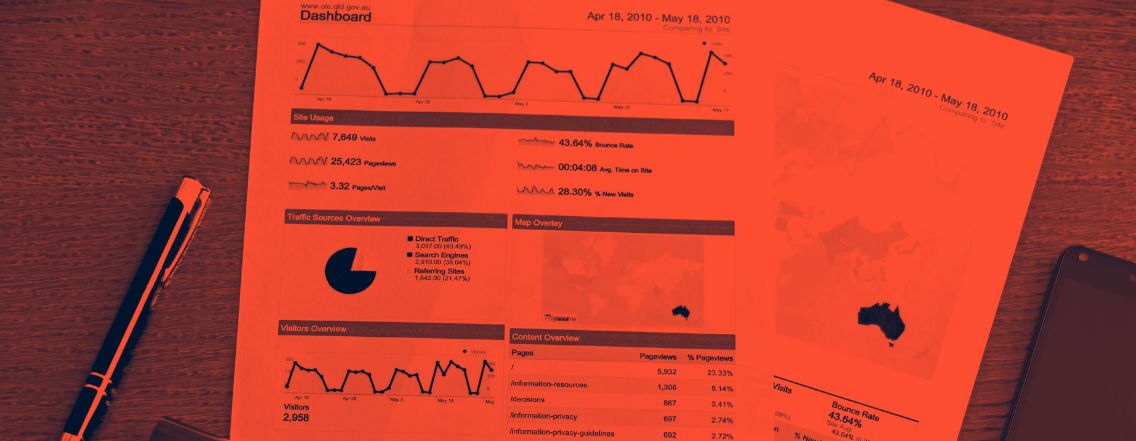Uncover the story of how Naranjas del Carmen, this mission-driven company has changed an inefficient and unbalanced model into a business committed to preserving nature via sustainable consumption.
The year 2020 will be remembered as the year in which the world was shaken by a pandemic. How is it that something so invisible has turned the world upside down? It’s also a testament to how humans have treated nature over time. Could further mistreatment lead to another pandemic? It’s been a good reminder for humankind and the wonders of nature: We are not invincible, life is about balance and that is what we should aim toward.
To find that balance in nature again, we need to recognise that our actions impact the now and will continue to impact the future. One company is asking us to do exactly that: Naranjas del Carmen, a true story of how a company has changed an inefficient and unbalanced business model into a model committed to preserving nature and to a sustainable consumption.
Reinventing a broken business model to drive efficiency
Naranjas del Carmen invented the crowdfarming® model in 2015, cultivating only what is really going to be consumed. This model was born from a social and moral philosophy to confront the uncontrolled production observed in agriculture. There is no supply adapted to demand, nor is there fixed prices like in other industries. After all, nature is not a production factory without limits.The alternative model proposed by Naranjas del Carmen is based on the search for that balance between trees, plants and people, in which supply responds to demand and we move away from over-exploitation.
Its philosophy is based on a new democratic and transparent food supply chain, which creates a direct link between the consumer and the farmer.
Have you ever noticed that your plants or pets are healthier when you take good care of them? That’s the same mindset that sustainable agriculture is based on, also known as crowdfarming.
Crowdfarming aims to reverse the traditional business model of agriculture in all aspects
Let’s take a closer look at production and consumption on demand. The consumer adopts a tree and requests the harvest when it’s time to be consumed. Hence, there is self-interest in ensuring that the tree receives the best possible care to reap the best quality food.
We, therefore, speak of stationary consumption. Oranges are a seasonal fruit, which should only be harvested when they are ripe. But why is it that we can find oranges throughout the year in the supermarket? This could mean that their growth was accelerated through unfavorable means. .
On the other hand, Naranjas del Carmen is committed to the idea of zero waste. What about finding only the “pretty” fruit on the market? Let’s be fair, no matter its size or if it has any marks on the skin, if it is natural and fresh, you will surely enjoy its flavor as much or more than the “perfect fruit”
Collaboration between all the actors involved in the supply chain results the key for success:
- A consumer can practice responsible consumption by “adopting” a tree or a hive. This way, you won’t be tempted with “out of season” foods in the supermarket that impact the environment.
- A farmer, thanks to the economic contribution of the consumer, can ensure a responsible and sustainable harvest, prioritising quality over quantity to care for our environment.
- Nature, who will reap the rewards of balanced farming, can provide us with food that is full of flavor and qualitative nutritionals. There is no need for additives and other assets that are added to meet “food beauty standards,” only foods that are purely natural and good for our health.
- Logistic companies can carry out their work efficiently and on demand through responsible distribution, with the motto of zero waste.
- And lastly, the very business model of this agriculture 2.0 can digitise administrative tasks and reduce paper waste and inefficiencies.
With this example, a reminaged agricultural cycle is possible and, as we anticipated, small gestures can make a difference. Every business model can be revolutionised for the better.
Nature is a provider; it should not be exploited for our benefit. Inefficiencies should not be “swept under the rug” and be forgotten; we need to be challenged and face them directly. At SlimPay, we are proud of how Naranjas del Carmen has contributed to making the world a bit better. This is only just the beginning of what we can do.




